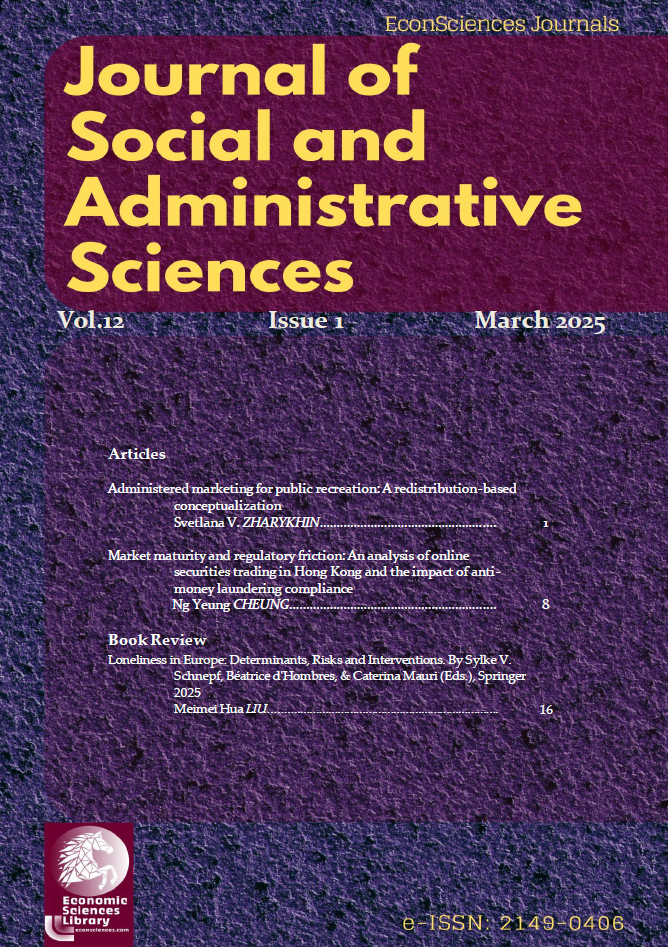Abstract
This volume, authored by the scientific staff of the European Commission's Joint Research Centre, offers a comprehensive, multidisciplinary analysis of loneliness in Europe, moving beyond treating it merely as an individual symptom to recognizing it as a critical public health threat. The book is the culmination of a pilot project initiated by the European Parliament and the European Commission to synthesize dispersed research and provide a holistic overview of the existing evidence. The core of the research relies on the novel European Union Loneliness Survey (EU Loneliness Survey), which for the first time, utilized three distinct, cross-nationally comparable measures of loneliness. The findings identify the determinants and risks associated with loneliness, highlighting that social network quality (e.g., high-quality romantic relationships, close relationships with family and friends) plays a more significant role than demographic or socio-economic characteristics. The book also explores the critical link between loneliness and support for democratic institutions, civic behaviors, and social cohesion. Finally, it offers a pathway for policymakers to develop effective, evidence-based interventions aimed at improving mental well-being and fostering social cohesion across Europe..
Keywords. Loneliness in Europe; Loneliness Survey; Public Health Threat; Mental Well-being; Determinants and Risks (of Loneliness); Social Cohesion; Democratic Processes; Interventions and Policy.
JEL. D72; H75; I18; J10; Z13.

This work is licensed under a Creative Commons Attribution-NonCommercial 4.0 International License.
